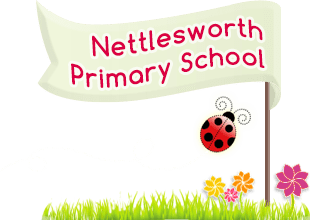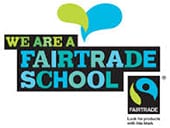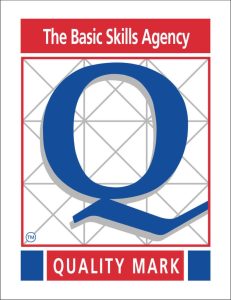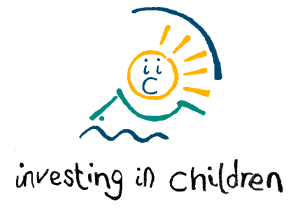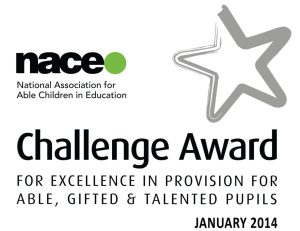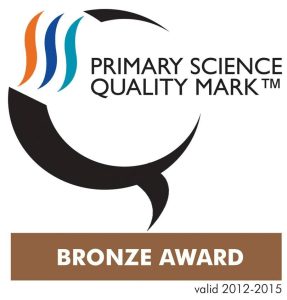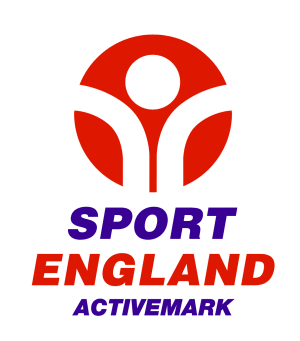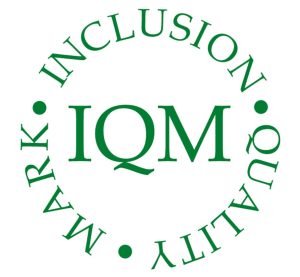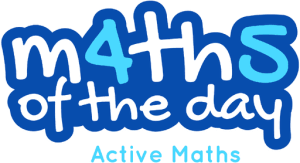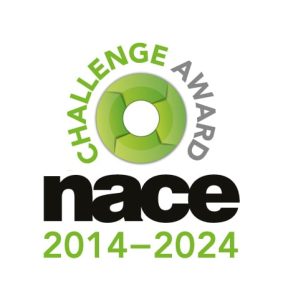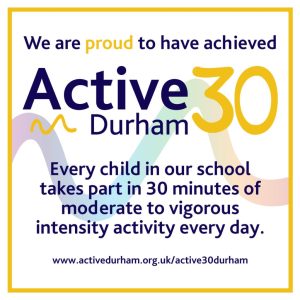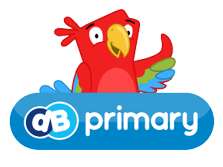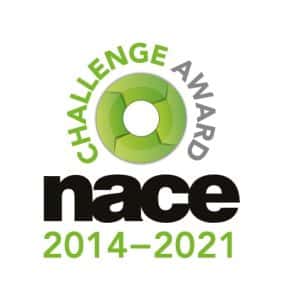The computing curriculum at Nettlesworth Primary School equips pupils to use computational thinking and creativity to understand and change the world. The curriculum has three focus areas, computer science, digital literacy and information technology. Through these focus areas, pupils are taught the principles of information and computation, how digital systems work, and how to put this knowledge to use through programming. Building on this knowledge and understanding, pupils learn how to use information technology to create programs, systems and a range of content. Gaining the knowledge, skills and understanding throughout the curriculum allows pupils to become confident and responsible users of current and emerging technology. Our learners are encouraged to be ‘Digital Learners’, embracing the use of technology and develop their use of computational thinking and creativity.
The computing curriculum is planned and sequenced so that new knowledge and skills builds on what has been taught before, working towards developing deeper understanding and skills in order to apply these in any context. Throughout the curriculum pupils acquire a broad range of subject knowledge and draw on disciplines such as mathematics, science and engineering. Planning ensures opportunities to demonstrate core values, skills for life and develop STEM knowledge and skills which reflect regional employment priorities. Pupils learn how to express themselves and develop ideas through information and communication technology.
Underpinning our curriculum, is the high importance we place on pupils understanding of how to keep themselves and others safe and the need to be responsible and respectful both in and outside of school. We ensure pupils understand the need to consider their digital footprint and what they should do if they are concerned or worried about something online.
In EYFS pupils learn how to keep themselves safe, explore programmable toys and begin to use applications for a specific task. In KS1, the computing curriculum focuses on pupils developing their understanding of creating digital content, learning about algorithms and simple programming and providing pupils with the knowledge and understanding of how to be safe when using technology. A challenging and broad curriculum in KS2 further develops pupils’ knowledge, skills and understanding through applying fundamental principles of computer science, including abstraction, logic, decomposition and debugging. Pupils design and write more complex programs that simulate physical systems, linking this to real world problems. They learn how internet services can be used to share and present information and how data is shared on a network. The knowledge, skills and understanding gained in each stage equips our pupils to become confident, independent, responsible and resilient, users in a constantly evolving technological world.
We also (whenever possible) integrate our computing curriculum with other subjects such as history and science.
